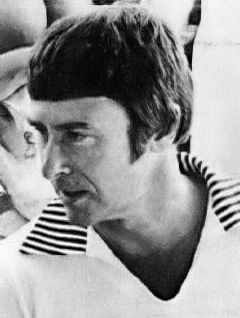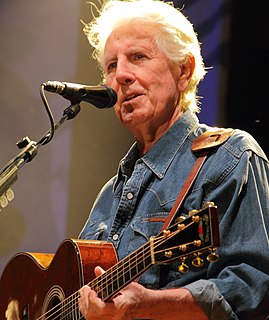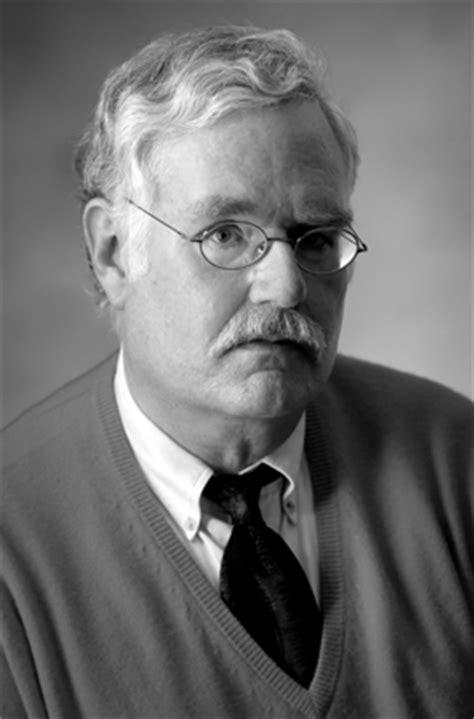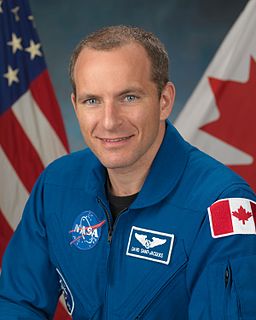A Quote by Rakesh Sharma
The earth appears fragile and defenceless in the harsh environment of space and when one sees the amount of technology required to keep a human alive in that environment, one begins to feel blessed that one is an inhabitant of planet earth that supports human life.
Related Quotes
It is the hope of those who work toward the breakout from planet Earth that the establishment of permanent, self-sustaining colonies of humans off-Earth will ... make human life forever unkillable, removing it from the endangered species list, where it now stands on a fragile Earth overarmed with nuclear weapons. Second, the opening of virtually unlimited new land areas in space will reduce territorial pressures and therefore diminish warfare on Earth itself.
The frontier in space, embodied in the space colony, is one in which the interactions between humans and their environment is so much more sensitive and interactive and less tolerant of irresponsibility than it is on the whole surface of the Earth. We are going to learn how to relate to the Earth and our own natural environment here by looking seriously at space colony ecologies.
A new consciousness is developing which sees the earth as a single organism and recognizes that an organism at war with itself is doomed. We are one planet. One of the great revelations of the age of space exploration is the image of the earth finite and lonely, somehow vulnerable, bearing the entire human species through the oceans of space and time.
To encounter the sacred is to be alive at the deepest center of human existence. Sacred places are the truest definitions of the earth; they stand for the earth immediately and forever; they are its flags and shields. If you would know the earth for what it really is, learn it through its sacred places. At Devil’s Tower or Canyon de Chelly or the Cahokia Mounds, you touch the pulse of the living planet; you feel its breath upon you. You become one with a spirit that pervades geologic time and space.
Our aims in political activism are not, and should not be, to create a perfect utopia. What we seek is more simply to improve the quality of human life while at the same time respecting the natural environment which sustains it: 'Not a heaven on earth but a better earth on earth.' This is not at all a timid agenda, far from it. The work ahead of us is enormous!
The catalyst that converts any physical location - any environment if you will - into a place, is the process of experiencing deeply. A place is a piece of the whole environment that has been claimed by feelings. Viewed simply as a life-support system, the earth is an environment. Viewed as a resource that sustains our humanity, the earth is a collection of places.
To be able to rise from the earth; to be able, from a station in outer space, to see the relationship of the planet earth to other planets; to be able to contemplate the billions of factors in precise and beautiful combination that make human existence possible; to be able to dwell on an encounter of the human brain and spirit with the universe
The environment is everything that makes up our surroundings and affects our ability to live on the earth - the air we breathe, the water that covers most of the earth's surface, the plants and animals around us, the overall condition of our planet, and much more. Protecting the environment is really important to everyone's welfare - that of our children, as well as that of the future generations.
Carbon dioxide is natural. It occurs in Earth. It is a part of the regular lifecycle of Earth. In fact, life on planet Earth can’t even exist without carbon dioxide. So necessary is it to human life, to animal life, to plant life, to the oceans, to the vegetation that’s on the Earth, to the, to the fowl that - that flies in the air, we need to have carbon dioxide as part of the fundamental lifecycle of Earth.
If the human species, or indeed any part of the biosphere, is to continue to survive, it must eventually leave the Earth and colonize space. For the simple fact of the matter is, the planet Earth is doomed... Let us follow many environmentalists and regard the Earth as Gaia, the mother of all life (which indeed she is). Gaia, like all mothers, is not immortal. She is going to die. But her line of descent might be immortal. . . . Gaia's children might never die out-provided they move into space. The Earth should be regarded as the womb of life-but one cannot remain in the womb forever.
Space is our tool to take care of the world. From space, we know the Earth is fragile, and we can follow oil spills and forest fires, and monitor the environment and save it. The needs of remote communities and the needs of astronauts are similar. Canada is a country that is big and has a lot of people living in faraway places. Physicians in remote areas need to have contact with more senior colleagues. We depend on telehealth for advice, X-rays, labs. At the most simple technical level, space technology contributes to remote health care.


































